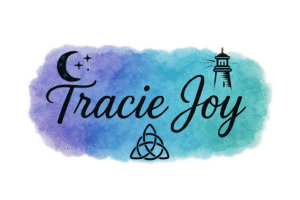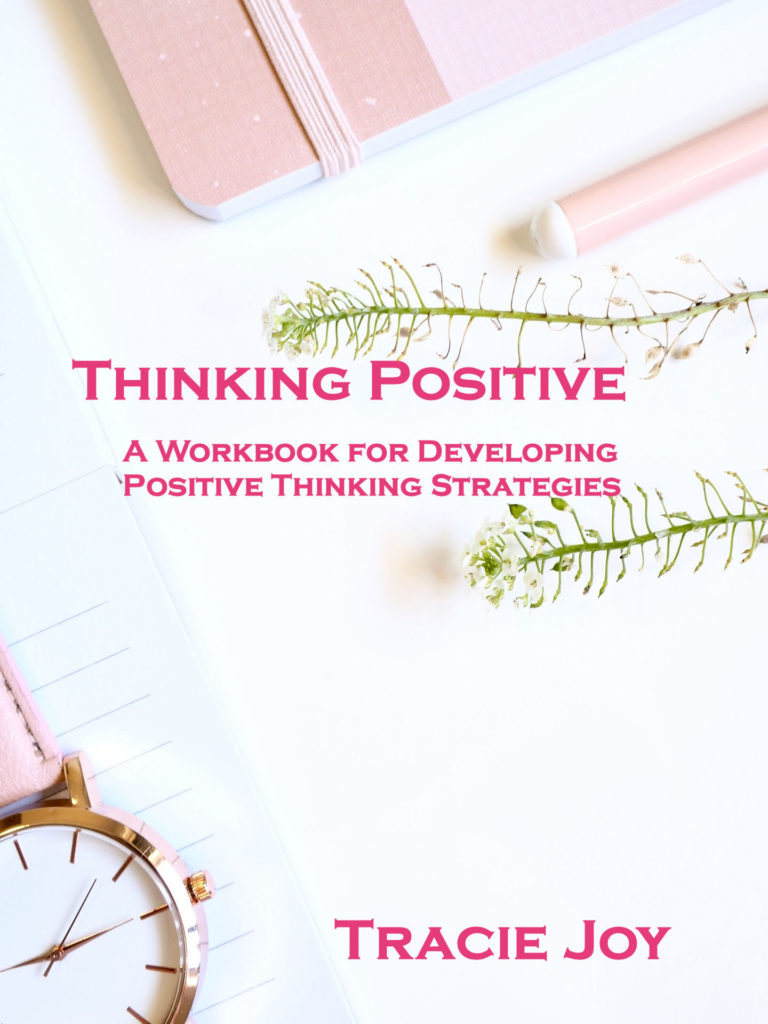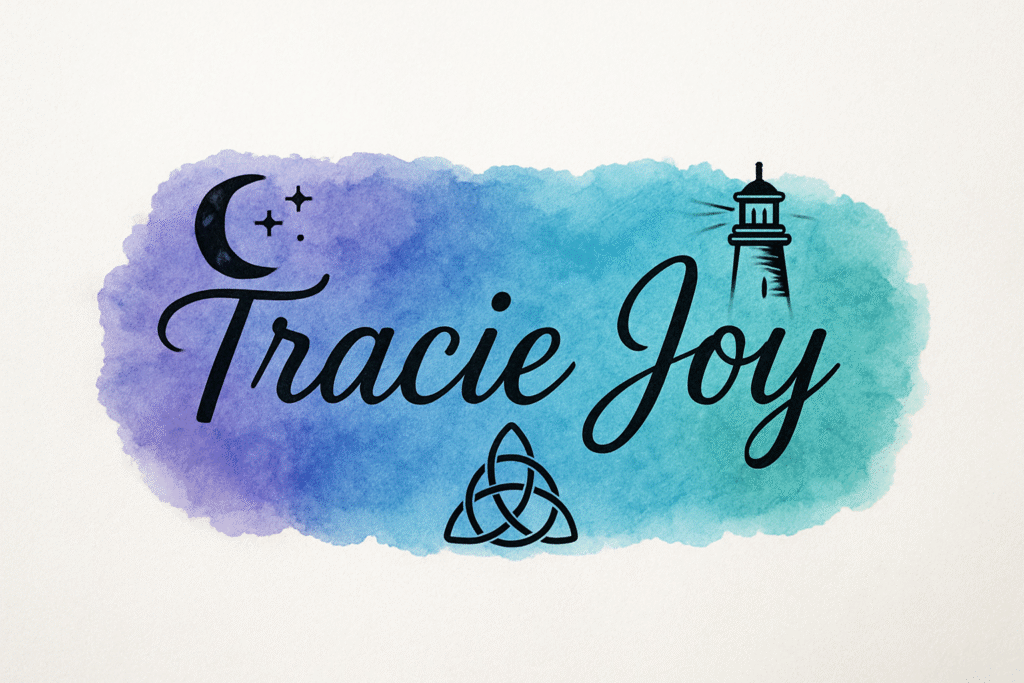Your messy first draft, if it were a person, it would be that awkward middle school version of your novel — braces, bad  haircut, and questionable fashion choices — but absolutely full of potential. Yet so many writers take one look at their early chapters and whisper, “This is garbage.”
haircut, and questionable fashion choices — but absolutely full of potential. Yet so many writers take one look at their early chapters and whisper, “This is garbage.”
It is not garbage. It is just becoming.
This is Novel November, not a marathon of misery. It is a month for progress, not punishment. For grace, not grimacing. For remembering that even the messiest words are still part of something miraculous: the act of creation.
The Myth of the Broken Draft
Somewhere along the way, writers started believing that if a story doesn’t sparkle right away, it’s broken. You may have a messy first draft, and that’s okay, and more importantly, it’s not broken. Maybe it’s because of those picture-perfect social media snippets that make everyone else’s work look flawless. Or maybe it’s because we forget that even bestselling novels began as chaotic piles of notes and late-night half-thoughts. If you ever need a reminder of that, take a peek at The Creative Penn. Joanna Penn’s candid stories about her own writing process are proof that every masterpiece starts out messy.
But your draft isn’t broken. It’s raw. It’s growing. It’s trying to figure itself out — and so are you.
As a teacher, I see this every year. If I graded my students’ essays on day one, none of them would pass. Let me reassure you that they live for the messy first draft. It’s a part of the writing process. They’re learning, experimenting, finding their rhythm. By June, though, they’ve grown into their voices. They’ve learned how to make their ideas sing. Your draft deserves that same patience, that same faith that it’s on its way to becoming something beautiful.
Becoming Isn’t Pretty: It’s Powerful
Becoming means rewrites, detours, and the occasional moment of staring at the screen muttering, “Why are you like this?” It means deleting a scene you loved because the story outgrew it. It means realizing your main character has  been lying to you since chapter two. It’s confusing, frustrating, and somehow — in that chaotic middle — kind of magical.
been lying to you since chapter two. It’s confusing, frustrating, and somehow — in that chaotic middle — kind of magical.
Because “becoming” is where discovery happens. It’s where you stumble upon better ideas, richer themes, and emotional depth you didn’t know your story had. If you want to see how other writers embrace this, the Reedsy Blog is full of insights about refining drafts, revising scenes, and learning to love the creative chaos.
There’s no shortcut for this part. You can’t rush it. You just have to keep showing up, page by page, trusting that the story is shaping itself while you’re still finding your way through it. Some days you’ll feel like a genius; other days you’ll feel like your keyboard is personally mocking you. Both are normal. Both are becoming.
And while you’re embracing the fact that your story is a messy first draft rather than a ruined final version, don’t forget that your environment plays a major role in how you approach writing. One thing I find really helpful is keeping my external working area fairly minimal and neat – my mind certainly isn’t. If you haven’t yet, check out my post “The Secret to a Productive Writing Space Isn’t Pretty — It’s Practical” for ideas on setting up a corner of calm for your creativity. Because messy first drafts become powerful final drafts when your writing space supports the journey.
The Novel November Mindset
Forget the pressure to hit fifty thousand words. Forget the guilt of comparing your progress to anyone else’s. Novel November by ProWritingAid is about showing up, not showing off. It’s about giving yourself permission to create  without judgment, to write without worrying about the end result.
without judgment, to write without worrying about the end result.
Maybe you write two hundred words before bed. Maybe you delete three paragraphs and rewrite one line that finally feels right. That counts. Every sentence you write is proof that you’re still in the game.
No pressure. Just presence.
No perfection. Just persistence.
No broken drafts. Just stories in progress.
If you can shift your mindset from “I’m behind” to “I’m becoming,” the whole writing experience changes. Suddenly, every sentence feels like a step forward instead of evidence that you’re falling short. That’s what Novel November is about — grace in the process, growth in the mess.
Stop Calling It Broken, it’s Just Your Messy First Draft
When you tell yourself your story is broken, you stop listening to what it’s trying to tell you. And stories always try to  talk back. Sometimes through dialogue that feels off, sometimes through chapters that just won’t cooperate. That’s your story whispering, “I’m not broken. I’m still finding my shape.”
talk back. Sometimes through dialogue that feels off, sometimes through chapters that just won’t cooperate. That’s your story whispering, “I’m not broken. I’m still finding my shape.”
So let it. Let your draft stumble, stretch, and change its mind. That’s the good stuff. That’s the messy middle. That’s where the transformation happens — for your story and for you.
Your Draft Isn’t Broken: And Neither Are You
It’s easy to think the messiness of your work says something about your worth as a writer. It doesn’t. The chaos is a sign you’re doing the work, that you’re daring to try, that you’re still in the game when it would be easier to quit. Here is the way I look at it. A messy first draft is the sign of a very creative thinker. Your mind is going so far, so fast that the ideas just keep spilling out. So embrace the messy first draft. Live it, and love it because – and here is a very important thing to remember – a messy first draft is still 100% better than everyone who says they want to write but never do.
By the end of Novel November, your story may still be awkward, patchy, and full of problems. Good. That means it’s alive. That means it’s breathing. That means you’re becoming right alongside it.
So pour your tea, open your document, and whisper to yourself:
“This isn’t broken. It’s just not finished yet.”
And honestly, neither am I.



